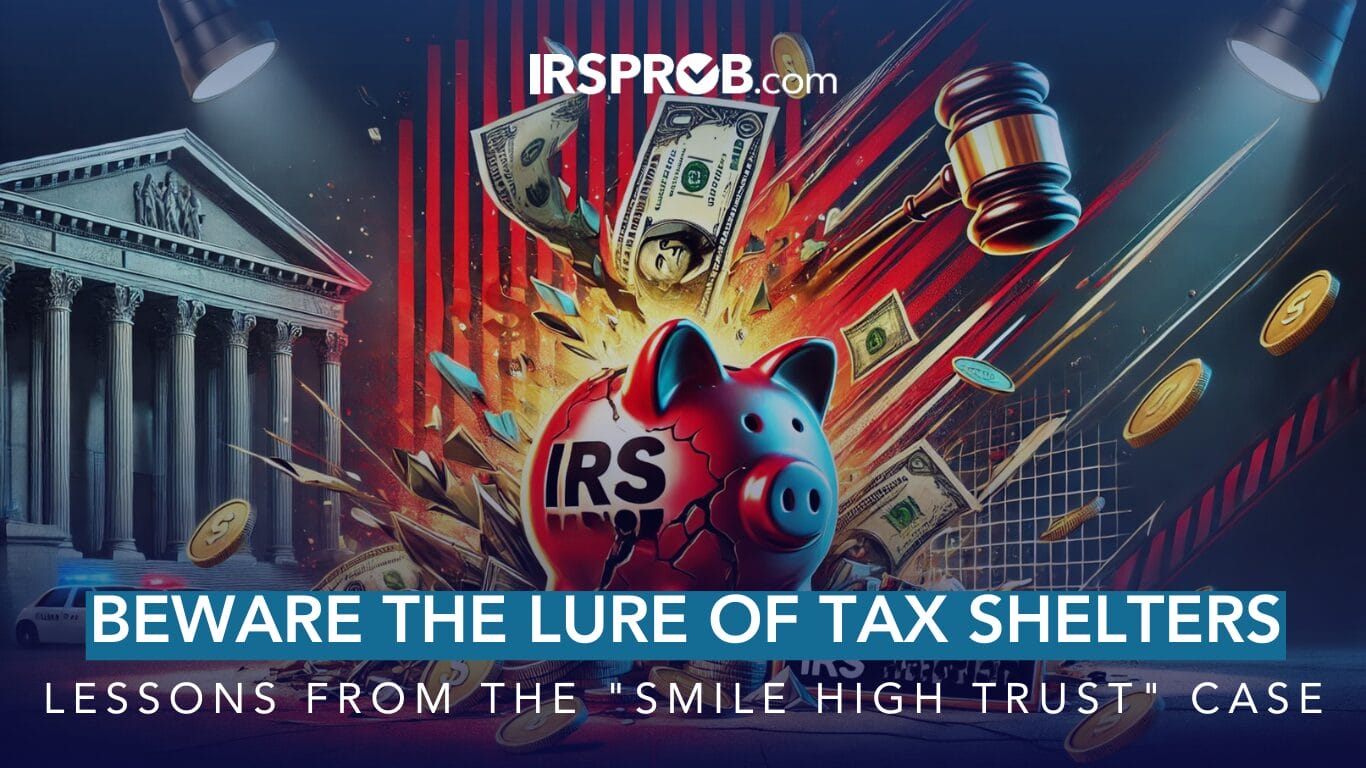
The recent indictment of Ryan Ulibarri, a dentist in Colorado, serves as a stark reminder to business owners: don’t be tempted by complex tax schemes that promise too-good-to-be-true savings. Ulibarri faces six criminal counts for allegedly hiding over $3.5 million in taxable income through what the IRS classifies as an “abusive trust.” The potential consequences include hefty fines, repayment of unpaid taxes, and even prison time.
Understanding Abusive Trusts: The IRS’s Crackdown
In recent years, the IRS has been cracking down on abusive trust schemes, which are complex financial structures that often lack legitimate business purposes. In these schemes, income is funneled through various trusts and entities to drastically reduce or eliminate taxable income. Ulibarri’s case highlights how easily such plans can seem legitimate while concealing illegal intent. In fact, the IRS issued a warning earlier this year regarding a proliferation of these schemes, particularly targeting high-net-worth individuals and professionals.
Ulibarri’s tax shelter involved a chain of three trusts and a charitable foundation. He routed about 90% of his dental practice’s income through these entities, aiming to reduce his taxable income to nearly zero. The IRS alleges that Ulibarri controlled these trusts despite appearing otherwise. Such schemes are often called “sham trusts,” as they are designed to disguise the true ownership and control of income.
The Red Flags in the Smile High Trust Case
- Unusual Promises and Fees: Ulibarri paid $50,000 upfront for this tax shelter, likely drawn in by the promise of large savings. However, the structure’s complexity should have raised concerns. The presence of “two versions” of trust documents—one for public use and a confidential one—suggests deceit.
- Ignoring Professional Advice: Even when a CPA warned Ulibarri that his arrangement might not be legal under Colorado law, he proceeded. This highlights a common pitfall: not heeding sound professional advice. Trusted advisors can provide essential checks and balances, and business owners should take their concerns seriously.
- Misusing Charitable Foundations: Ulibarri allegedly used his charitable foundation to cover personal expenses, including season tickets to sports games and other non-charitable activities. The law mandates strict regulations on how charities can spend their funds, and violating these rules can lead to severe penalties.
Lessons for Business Owners: Avoid the Trap
- If It Sounds Too Good to Be True, It Probably Is: Tax strategies that promise huge reductions without legitimate business activities are often dangerous. Always question strategies that require secrecy or that come with convoluted structures lacking clear explanations.
- Trust Professionals, Not Promoters: Be wary of schemes promoted by individuals who are not tax professionals or who encourage you to disregard qualified advice. Legitimate tax planning should involve a team of trusted advisors, such as accountants and tax attorneys.
- Understand the Basics of Your Tax Strategy: While you may not need to be an expert, you should have a basic understanding of your tax strategies. If a tax shelter is too complicated for you to explain in simple terms, it may be a red flag.
The case of Ryan Ulibarri serves as a crucial reminder that pursuing tax shelters can come at a significant cost. Business owners should avoid getting involved in abusive trust schemes and instead focus on lawful, tried-and-true tax planning strategies. Trusting in reputable professionals and staying within the bounds of the law will not only keep you out of legal trouble but will also ensure that your business remains sustainable and reputable in the long run.







